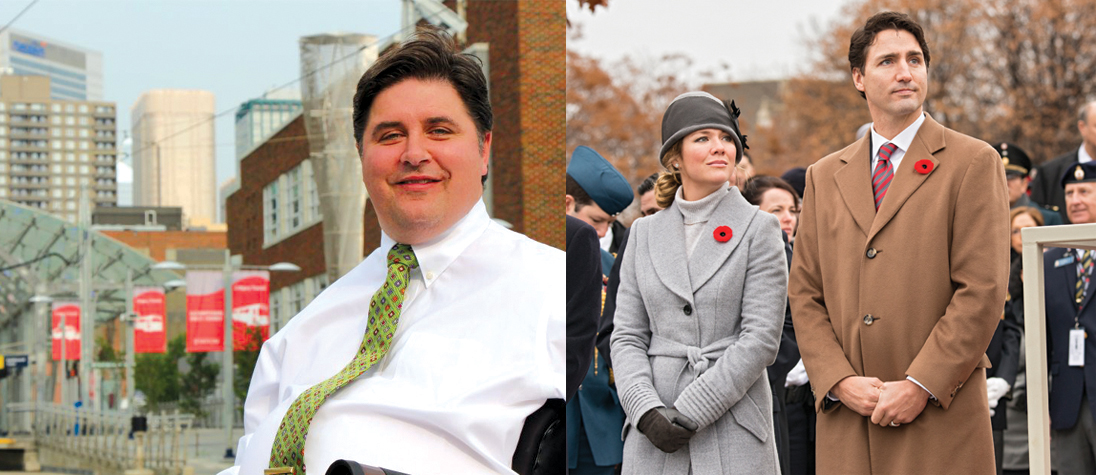It has been a little over a year since the Liberal government came to power, promising a new era of openness. One of Prime Minister Justin Trudeau’s first actions was to release the mandate letters sent to his new ministers. These letters, usually cloaked in cabinet secrecy, outline the actions expected of the minister during the government’s first term. Veterans Affairs Minister Kent Hehr was given 14 actions to ensure veterans receive the respect, support, care and economic opportunities they deserve. These were generally welcomed by veterans advocates but, a year later, what has been done?
There has been some success, to be sure. The 2016 federal budget tackled a few key points in the New Veterans Charter. One was that the Disability Award, a non-economic benefit which recognizes pain and suffering, will increase from $310,378 to $360,000 as of April 1, 2017. Also changing on April 1, the Permanent Impairment Allowance will become the Career Impact Allowance to better reflect the intent of the program which is to compensate for lost employment potential and career advancement. Assessments will be judged more on an individual’s circumstances and more access will be provided to the higher levels of this benefit. Already, the Earning Loss Benefit has been increased from 75 per cent to 90 per cent of an eligible veteran’s pre-release military salary, with a guarantee that the veteran will receive a minimum of $44,496 per year.
The Funeral and Burial Program, administered by the Last Post Fund, will see the estate exemption for lower-income veterans raise from approximately $12,000 to approximately $35,000 with annual cost-of-living increases.
The minister has been in the news visiting the nine, communities where Veterans Affairs Canada closed its district office to announce the office’s reopening and new location. These closures invoked veterans’ anger and the return of the offices are appreciated locally.
But there is a lot left to do on that mandate list, including:
• Re-establishing lifelong pensions as an option for injured veterans;
• Working with the minister of Defence to reduce complexity and overhaul delivery service for personnel leaving the Canadian Armed Forces;
• Adopting a “one, veteran, one standard” of service and care;
• Providing greater education, counselling and training for families living with a disabled veteran; and
• Increasing the survivor’s pension.
There are other actions as well. These recommendations are not new. They have been presented by The Royal Canadian Legion, other veterans organizations, the veterans and military ombudsmen and House of Commons and Senate committees several times.
The mandate letter is a list of good intentions. Budgets and bureaucracies can get in the way but in the end, the government has given us the measuring stick with which to judge its success. Things have started but there is much more to be done.
Photography by Metropolis Studio
Advertisement























